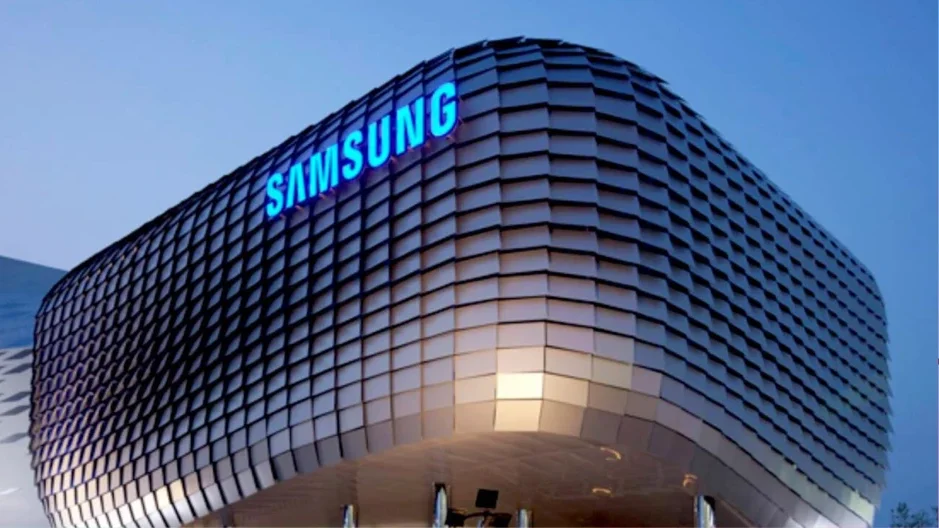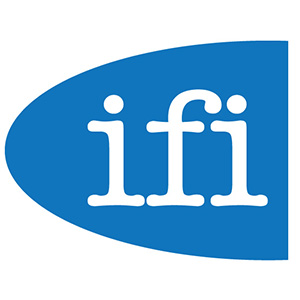Arthur Hanson
Well-known member
TSM and Apple have become the dominant players because of Steve Jobs writing a huge check for TSM to build a giga fab when Samsung stole much of the design and feel of the Apple Ecosystem. TSM as Morris Chang the founder said many times "TSM does not compete with their customers" making them the only pure play fab that can deliver cutting edge chips. Both Apple and TSM have become dominant in their industries thanks to this partnership that spans the East and the West. Cooperation and collaboration beats war and conflict every time and this is the supreme example of this. Can you even imagine the progress the world could make if it even spent one tenth of their military budgets on collaboration of the type of this example sets. I wish the Xi, Biden and Putin would learn from this example that benefits all. Violence and destruction is the last refuge of the incompetent. I hope from the tech sector by providing many examples of this for the world's politicians to learn from they get the message someday.
Any thoughts, comments or additions sought and welcome.
Any thoughts, comments or additions sought and welcome.


